Update: Opera has claimed that this was an unintentional error and is fixing it on their end. The point about paying for browsers still stands, however, and as a result, I'll keep this post up for posterity.
Now, I’ve been around long enough to remember the days that Microsoft and Netscape sold shrink-wrapped versions of their respective browsers, around 1995 or 1996. But consumers soon agreed that they were unwilling to pay money for this fundamental product, this window to the internet.
Since then, much of our browser software has gone open-source, or at least uses open-source components with a commercialized front-end.
But it’s rare to see a company ask for users to pay for the right to use the browser. Maybe the plug-in owners might, possibly the foundation that brings the browser to end users, but browser users don’t directly get asked this question very often.
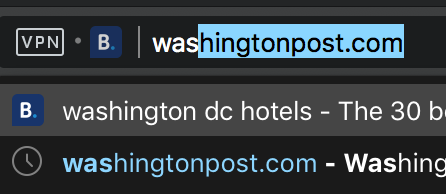
But after an experience I had earlier today, I sorta wish they would. I was typing in the address to the Washington Post website when all of a sudden I was getting an entry for Booking.com, a website I don’t think I’ve ever used. That’s weird, I thought, so I typed it in again. Same result. After about four or five tries, I realized what was happening: My browser, Opera, added advertising into the “omnibar,” the place where you type in your searches and domain names, so the first result on certain terms would always be a Booking.com site. It just started doing this today, out of nowhere, no notice, and there appears to be no way to remove it. I posted about it on Opera’s forums, and other users confirmed the same thing. In fact, I discovered that it showed up on a lot of searches:
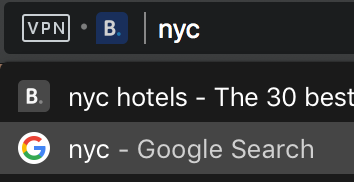
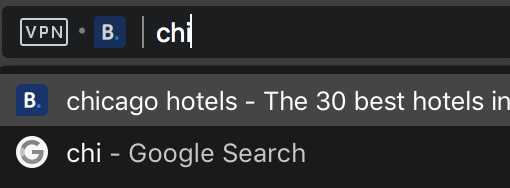
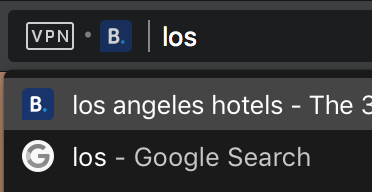
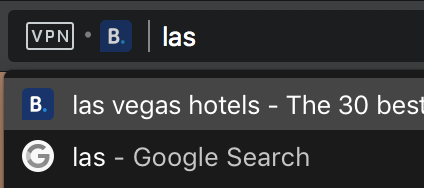
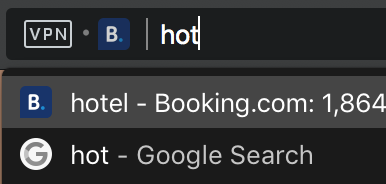
This is, to put it a point on it, underhanded behavior, especially by a company that has a pretty long history of being one of the “good guys” when it comes to conduct on the web.
But on the other hand, I understand the reality that they must live with—the fact that they’re a business, and businesses don’t run on positive feelings. However, we’re in a different age, and I think that a lot of people understand that a web browser is one of the most important elements of their online experience.
People are attracted to Opera because it has more privacy and data-saving features, and in recent years, because it works like Chrome without having quite the same level of bloat.
It’s a good browser, and I would pay for it. I pay for other things online, because I value them. One thing I will not do is sit idly by when a company with a good track record of doing good things for internet culture sullies its reputation by tricking its users into loading up websites that are designed to get them to book flights. I don’t know about you, but I’ve never booked a flight based on accidentally loading a website that my browser tricked me into loading.
It’s such a breach of trust, and it’s bad enough that I’ve been debating all day suspending my use of a browser that I’ve spoken up for, defended, and held up as a bastion of the open web.
Opera, if you need the money from your users, just ask. We’re happy to pay for premium features. Please, though, just stop with the bullshit.
:format(jpeg)/2018/06/0621_opera.jpg)
/2018/06/0621_opera.jpg)
/uploads/ernie_crop.jpg)